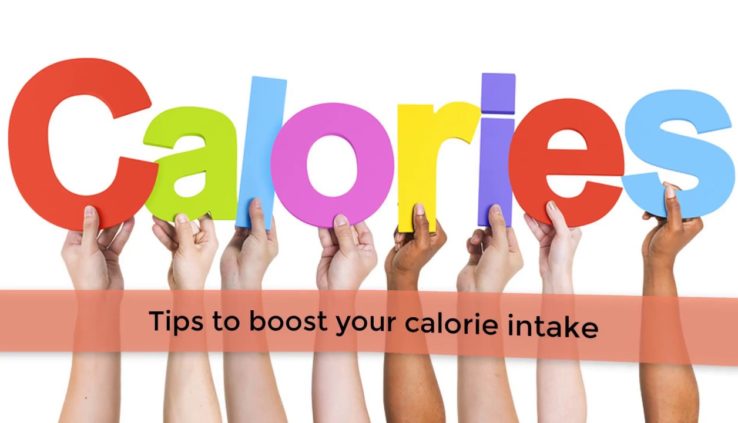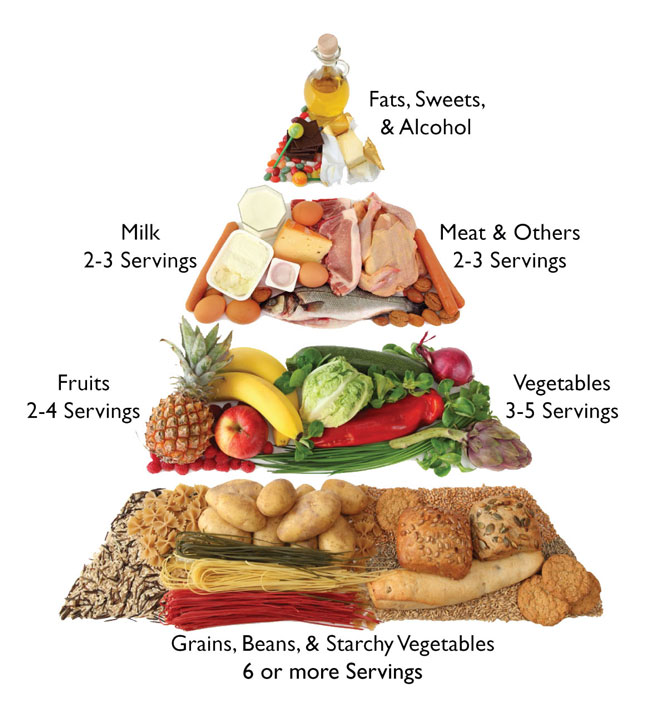
Healthy Calories Intake Per Day
Calories!!!
What are the tips for Health? How many calories should I consume daily? What are healthy sources of calories? What is a low-calorie diet? We get such questions daily. So, let’s take a look at some useful facts. So here are some health tips, Calories Intake per day, healthy eating tips for weight loss, how to eat healthy food everyday, healthy tips of the day, healthy diet menu, calories calculator, simple health tips, basic healthy diet, healthy lifestyle tips, healthy eating facts
What does Calories mean?
It is a unit used to determine the amount of energy in a given food product. Nutrients give us different calories depending on whether you consume Carbohydrates or proteins or fats.
Why it is important to know about calories?
Calories vary depending on food product & quantity. It is used to understand energy needs & balance. If we consume fewer calories than calories burned, then the body may burn fat reserves to provide the necessary energy. If we consume more calories than calories burned, then the body will turn these excess calories in fat reserves, increasing weight. Increased weight & fat contributes to the risk of obesity, diabetes, hypertension, heart diseases, stroke & blockage. Preventing excess calories is the best way to avoid these diseases.
How many calories do we need per day?
It varies from person to person. Your height, weight, BMI(check your BMI), age, sex, daily activity & disease burden will determine the calories needed for you.
Men require 2300-2500 calories & women require 2000-2200 calories per day. So men should take 2300-2500 calories per day and women should take 2000-2200 calories per day. The key is balancing diet sources & quantity. A healthy diet should include nutrient-rich sources of carbohydrates, proteins, fiber & other essential vitamins as well. Calories consumed at various meals also need to be monitored.

Sources of Calories
Carbohydrates, fats, and proteins are the main sources of calories.
A. Calories Intake from Fat
Let’s start with something we all want to avoid.
1 gram of fat gives us 9 calories.
Visceral fat protects important organs. Fat in general is our bodies energy reserve.
If we consume excess calories but don’t burn them, then they are stored as fats. So even carbs & proteins can be sources of fat if consumed in excess.
Excess fat causes obesity. High cholesterol levels can cause heart blockage.
We have already written about good fats & bad fats.
Good fats: fish liver oil, soy, olive or beans.
Bad fats: Butter, fried foods, fat in meat
So, keep a watch on the amount of fat in your diet.
B.Calories Intake from Carbohydrate
Carbs are the source of energy in our bodies.
Roughly 1 gram of carbs contains 4 calories.
Fibers should also be consumed along with carbs in sufficient quantities.
The most important factor in choosing carbs is the Glycemic Index. It gives us the potential of a particular food item to increase blood sugar levels. So, foods that increase blood sugar levels, have higher glycemic value. Some common examples of high glycemic index food items are sweets, sugar-containing drinks & glucose. Some food items with a low glycemic index are whole wheat bread, pasta, brown rice. These food items are recommended sources of carbs for diabetic patients.
So, carbs should be taken in low sugar form & as much as needed by the body for activity.
C. Calories Intake from Protein
The most important source of calories.
1 gram of protein gives us 4 calories.
Protein has a central role in the metabolism of the body. Amino acids are the main constituents of cells & help in healing or building our body. It is necessary to build muscle mass.
The daily requirement of protein is 1 gm per kg body weight.
Veg sources: Paneer, soya bean, pulses, tofu, tempeh.
Nonveg sources: Eggs, chicken, fish
Know your caloric requirement & try to consume calories accordingly. Balanced diet & calories are essential for healthy weight gain, healthy muscle mass & healthy lifestyle. So for Healthy lifestyle follow the Health tips